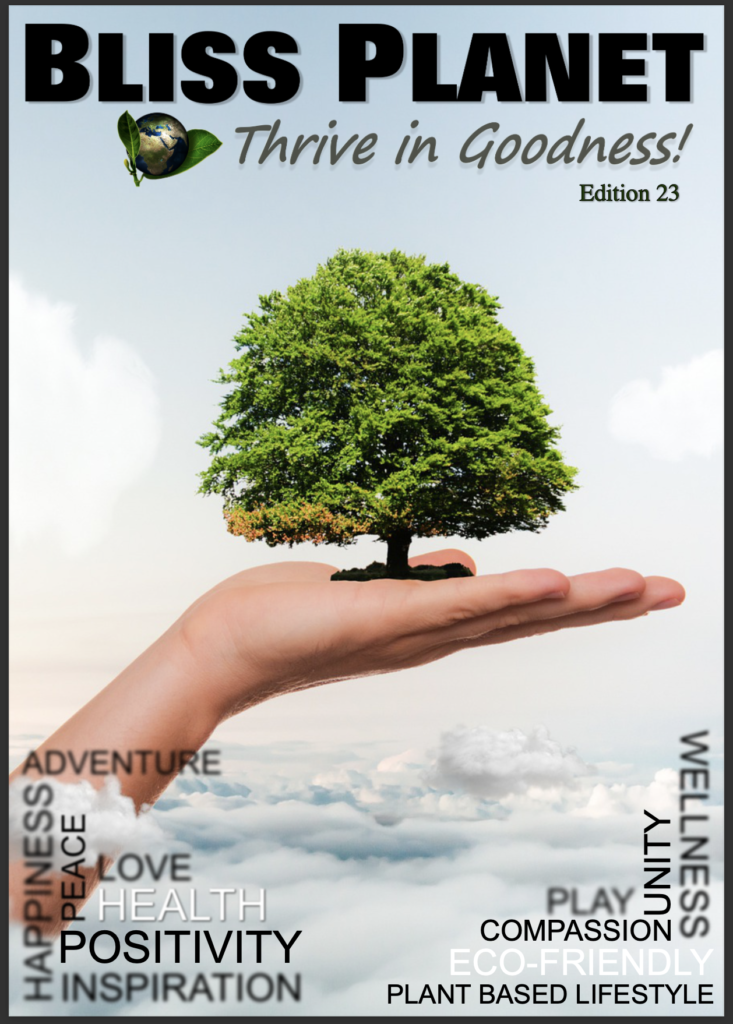On why inspiration is itself a creative process and depends on mental orientation
We know that inspiration is the core of any creative endeavor. When you create a piece of art or poetry, or come up with a new scientific theory, you need inspiration. Even simple creative activities like cooking or making love, require a level of inspiration. Inspiration is a kind of creative push, and sometimes it can depend on external factors like a person or a book or a movie, or even simple patterns in the clouds, anything really.
Inspiration can also be internal and depends on our own thoughts and what we extract from our mind. It is a very active mental process, because we are inspired only when we are receptive to the inspiring object or thing. This means our internal receptivity is very important. In order to find inspiration, we have to be receptive and have an open mind. Our mind has to be like a soft mould on which impressions can be easily made. It is difficult to inspire a hard, rigid mind so mental flexibility is important if you need to find inspiration and remain hyper creative.
When you actively seek inspiration, you will find it. It’s almost like seeking the truth about life and reality. An artist or photographer derives inspiration from the sunset or a naked human body, because she wants and actively uses the inspiration to create her piece of art. So the object can be out there, but it is only the creator that transforms the object into an inspiration. So, inspiration is itself a creative process, because our mind actively changes a simple object into an inspiration.
Inspiration can also be derived from an internal mental process, like a sudden thought, dream or an idea. You suddenly imagine or dream of a car or a painting or a type of flower that doesn’t exist, a new planet with yellow sky or people with red eyes and this becomes the source of your inspiration for a movie or a book. However our imagination will have its limits according to the limits of our senses and thus our inspirational levels will be affected.
Psychology needs to do a lot of research on 1) what inspires us and why, 2) why certain objects inspire people differently as some people will just overlook an object whereas some others will observe the same object and become inspired to create something. Although we need empirical study in these areas, it is generally recognized by psychologists that our personal circumstances and preferences, our childhood experiences and our subjective tastes, attitudes, personality will play a role in what we find interesting or inspiring. Our levels of knowledge and understanding also guide the extent to which we are inspired by external objects. A simple ripple in the pond can inspire one artist to paint but will not have an effect on a person who is just too focused on catching a fish. Thus our mental orientation or focus is an important aspect in inspiration.
Inspiration is thus dependent on a set of internal factors such as our personality and attitudes, knowledge, our thought processes and interests. These internal factors have to align with objects that we encounter in the external world. Inspiration happens when the external object fits exactly with our internal need or mental orientation. Unlike intuition, inspiration doesn’t happen out of the blue, creative minds actively seek inspiration and there is always this need for something inspiring, so just like a physical or bodily need, inspiration is a mental need and when this internal need for creativity meets an external object, an inspiration happens.
Creation of inspiration is the first stage towards creating a piece of art or a scientific theory and inspiration is an active creative process of the mind. Scientists have often talked of inspiration that has come from an internal source, like a sudden moment of enlightenment. A scientist may work for years to discover the perfect chemical components of a drug and then suddenly some chemical equations happen in the mind and he knows that this is it. Inspiration can happen in the mind, but may have external precedents and depend a lot on our personal knowledge and interests. We can be inspired by an object, a person, an event, a new environment or a thought.
Psychologists will really have to define and understand what inspiration really means and what are the processes involved. Inspiration is more than a simple thought process, it is a complex mesh of creative phenomena based on external and internal factors. Now let me talk about the types of inspiration. I have identified four types.
Knowledge based: Knowledge based inspiration is facilitated by personal knowledge or understanding. Let’s consider a ray of light that passes through a hole and falls on the wall, creating a pattern. A quantum physicist sees this as revealing the inherent quantum nature of light. An artist is inspired by the pattern and wants to paint it and a poet writes about the beauty and aesthetics of the pattern of light. A mathematician will possibly be inspired by the inherent geometry of the pattern and the movie producer is inspired to use this as the background light pattern for his new movie. So inspiration depends on our personal knowledge and ‘what we want to see’. This brings us to the need based inspiration.
Need based: Inspiration is also about what our mind needs. Just like we have our physical needs, we also have our mental needs and inspiration feeds these needs. Inspiration happens according to our mental orientation and an artist needs inspiration for his painting, so he will actively seek inspiration in things or places around him. An explorer will seek inspiration in travel stories or books. Similarly a scientist needs inspiration for his new theory and will seek this in news articles, latest scientific discoveries or research studies. This means you may not feel inspired if you don’t really need the inspiration as without mental needs, your mind will not be receptive. Usually highly creative people have more mental needs and are guided primarily by need based inspiration.
Object based: This could be anything external and could be an event, a place, a thing, anything that can be objectified. Object based inspiration could trigger a feeling of instant liking and the inspiration could be something personal as love or more impersonal like appreciation of beauty. An artist visits San Francisco and is inspired by the natural beauty of the place. A technologist visits San Francisco and is inspired by the culture of innovation, so the same place (or object or event) affects different people differently according to ‘what our mind needs’ and how we perceive the object or thing. So mental orientation is again central to what we find inspiring.
Thought based: Thought based inspiration can be internal to an artist, a writer or an explorer or anyone and could depend on his or her thoughts, ideas, dreams or it could be external and depend on other people’s thoughts and ideas. A friend may suggest a new idea and you will be inspired by the suggestion to actually implement the idea. An architect may have dreams of new designs and use this as an inspiration for his next project. So all dreams, thoughts, ideas will be considered under thought based inspiration.
Finally inspiration is about what we want to see, what our mind needs and what we actively seek. This is how inspiration differs from all other mental processes because our minds actively create the inspiration according to our mental orientation. We progress and evolve as humans because we are inspired to create, to love, to travel, to achieve, to discover and invent, to explore, to change, and inspiration is that mental trigger that drives us to do what we really want to do.
Copyright.2013 Saberi Roy. These essays are archived by a University and copyrighted. Any misuse of these essays will be noted and complaints will be filed.
Reflections in Psychology – Part I & II – by Saberi Roy (2009/2012)
http://www.lulu.com/content/5865445





